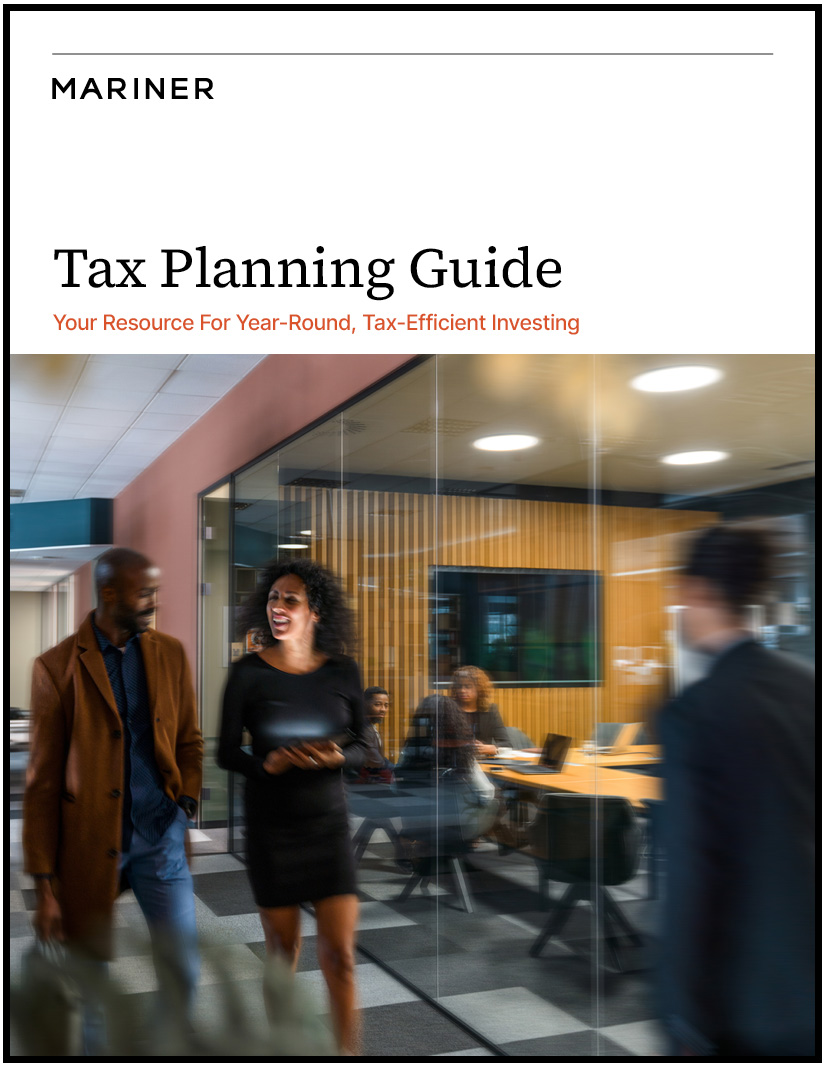Strategies to Help Protect Your Wealth From Taxes

Here are answers to questions related to transferring your wealth to heirs to help minimize your tax burden.
Q: How Can Giving Gifts to Loved Ones Reduce My Taxable Estate?
A: When you give gifts, such as contributing to a child or grandchild’s 529 plan or giving them a direct cash gift, you reduce your taxable estate.
In 2024, the gift tax exclusion is $18,000. That means you can give annual gifts of up to $18,000 per person ($36,000 for married couples) 1 without dealing with gift tax. There’s no limit to the number of people to whom you can give gifts, and those annual gifts don’t count toward your lifetime gift and estate tax exemptions.
Q: How Can I Maximize a 529 Plan Contribution for My Child?
A: In 2024 you can front-load a 529 plan (giving five years’ worth of annual gifts of up to $18,000 at once for a total of $90,000 per person, per beneficiary) without having to pay a gift tax or chip away at your lifetime gift tax exemption. Keep in mind you are required to report the five-year election on Form 709 for each of the five years. Depending on the state you live in, you could receive a state tax deduction for 529 plan contributions. And by contributing to a 529 plan, you lower your taxable estate for federal income tax purposes.
Q: How Does an Irrevocable Grantor Trust (IGT) Reduce My Taxable Estate?
A: A gift or sale to an IGT removes assets from your taxable estate but are structured so that you own the trust assets for income tax purposes. This means that the grantor recognizes all the IGT’s income, even though it is paid to the beneficiaries or accumulated in the IGT. The IGT property thus grows without a reduction to pay income taxes. The grantor’s payment of income tax attributed to the IGT is not a gift to the IGT because the grantor is obligated to recognize the IGT’s income as his own income. The grantor’s recognition of the IGT’s income mirrors a tax-free gift to the IDGT each year equal to the income tax liability of the IGT. In addition, any appreciation on the transferred property is excluded from the transferor’s gross estate, even if the transferor dies before full repayment of the balance due on the note.
Q: How Can I Use an Intrafamily Loan as a Tax Strategy?
A: Making an intrafamily loan represents another way you can reduce your taxable estate. The advantages are that you can agree on a lower interest rate for the loan (based on the IRS published rates known as the applicable federal rate). You keep it in the family—the interest the borrower pays goes back to you as the one making the loan rather than to a third-party lender.
These types of loans can cause family conflict, so consult with your wealth team to see if it makes sense. Your attorney can create the proper documents should you choose to make the loan, and everyone involved needs to be clear on the requirements—it’s still a loan that has to be repaid, not a gift.
Q: What Are the Advantages of Donating Appreciated Securities?
A: If you’d like to give back to a nonprofit to benefit from a tax write-off on the full amount, consider donating appreciated securities. This way, you avoid selling the securities yourself, paying tax on any gains and then having less cash to donate to a charity.
Q: Does a Qualified Charitable Deduction (QCD) Count Toward My RMD?
A: Yes. When you make a QCD, it can satisfy the required minimum distribution (RMD) that you have to take once you turn age 73. Keep in mind, when you use a QCD to donate to a charity, you are limited to $105,000 a year per taxpayer,2 and the distribution must be a direct transfer from a taxable IRA to the eligible charity. A QCD reduces your adjusted gross income and can help offset other taxes such as the tax you pay on your Social Security benefit. Note You need to be at least age 70½ at the time you plan to make the QCD.
Consult With Your Wealth Team
Your wealth advisor, trust, estate planning and tax team are in-house and will work together with you on which wealth transfer strategies make sense for you to minimize taxes.
Tax Guide: Your Resource for Year-Round Tax-Efficient Investing
Year-round planning with an advisor could help improve your overall wealth plan. Find out more by downloading our tax guide.
Sources:
1“What’s New – Estate and Gift Tax.”
2IRS.gov
Investors should consider the investment objectives, risks, charges, and expenses associated with 529 plans before investing. More information about specific 529 plans is available in each issuer’s official statement, which should be read carefully before investing.
The availability of tax or other benefits may be conditioned on meeting certain requirements, such as residency, purpose for or timing of distributions, or other factors as applicable.
The information contained herein is not intended to be personal legal, investment or tax advice or a solicitation to buy or sell any security or engage in a particular investment strategy. Nothing herein should be relied upon as such. The information contained herein is current as of 2023 and has been obtained from sources believed to be reliable, but Mariner Wealth Advisors does not warrant the accuracy of the information. The views expressed are for commentary purposes only and do not take into account any individual personal, financial, or tax considerations. There is no guarantee that any claims made will come to pass. Consult a financial, tax or legal professional for specific information related to your own situation. Some services listed in this piece are provided by affiliates of MWA and are subject to additional fees. Additional fees may also apply for tax planning and preparation services. Tax laws and regulations are complex and subject to change, and we cannot guarantee that the information herein is accurate, complete, or timely. Any changes to the proposed may also affect any illustrations used in this article. Investing involves risk and the potential to lose principal.
Mariner is the marketing name for the financial services businesses of Mariner Wealth Advisors, LLC and its subsidiaries. Investment advisory services are provided through the brands Mariner Wealth, Mariner Independent, Mariner Institutional, Mariner Ultra, and Mariner Workplace, each of which is a business name of the registered investment advisory entities of Mariner. For additional information about each of the registered investment advisory entities of Mariner, including fees and services, please contact Mariner or refer to each entity’s Form ADV Part 2A, which is available on the Investment Adviser Public Disclosure website. Registration of an investment adviser does not imply a certain level of skill or training.

